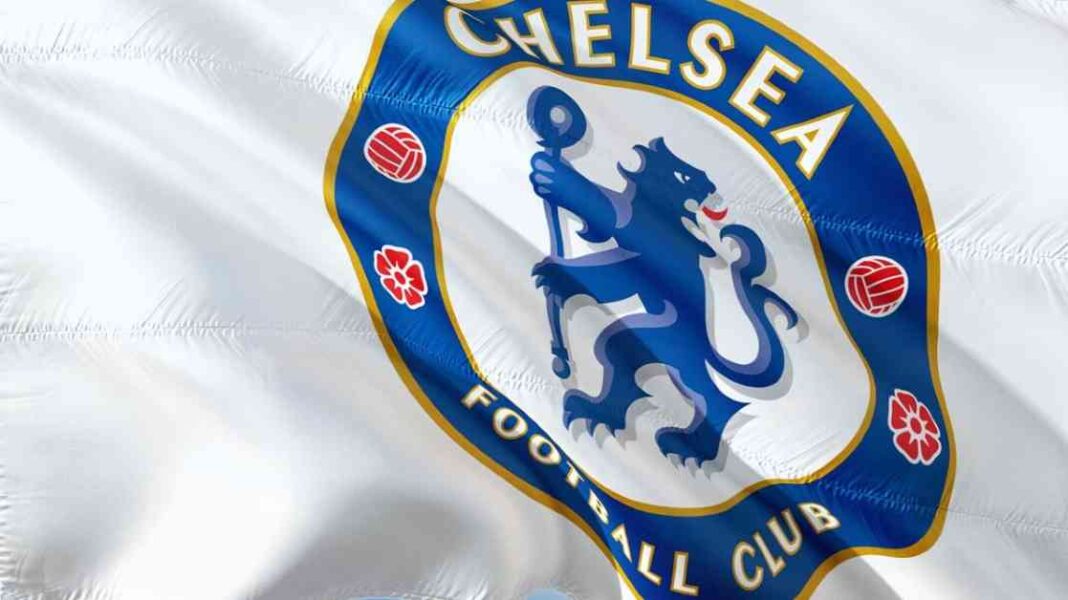Chelsea Owners Consider Mutual Payouts for Club – Exploring Financial Options
The two largest shareholders of Premier League club Chelsea, Clearlake Capital and Todd Boehly, are reportedly considering a mutual buyout. Both parties are said to be willing to take full control of the club, despite disagreements at the board level. Clearlake Capital, a California-based private equity firm, and US businessman Todd Boehly led the group that acquired Chelsea for £2.5 billion in May 2022. Clearlake holds a 61.5% stake in Chelsea, with the rest equally divided among Boehly, Guggenheim Partners CEO Mark Walter, and Swiss billionaire Hansjörg Wyss.
Reports suggest that the relationship between Boehly and Clearlake co-founder Behdad Eghbali has deteriorated in recent months. The reasons cited include differing views on transfer policies, poor on-field performances, and slow progress on the planned stadium redevelopment. Eghbali has been seen as the most active representative of the ownership group since Boehly stepped down from his role as interim sporting director in January 2023.
Despite investing over a billion pounds in new players, Chelsea has not been able to replicate the success it achieved under former owner Roman Abramovich. The club, which won 19 major titles under Abramovich, is currently undergoing a restructuring phase that saw the departure of CEO Chris Jurasek after just 15 months.
Financial Strategies and Ownership Disputes
Clearlake Capital is reportedly not keen on selling its stake in Chelsea and is considering expanding its ownership. On the other hand, Boehly is said to be eager to acquire Clearlake’s stake and take full control of the club. Boehly is confident in raising the necessary £2.5 billion for a potential offer, which would also yield a profit for Clearlake on their initial investment.
Both parties are believed to have the ability to block sales negotiations with third parties. If Boehly is unwilling to sell his stake to Clearlake, the company would also have to buy out the shares of Wyss and Walter, resulting in total costs exceeding £1.5 billion.
According to a contract, Boehly is set to step down as Chelsea chairman in 2027, with a provision that the chairman’s position rotates every five years. This arrangement aims to ensure stability and continuity in the club’s leadership.
Challenges and Opportunities for Chelsea
Chelsea’s ownership situation reflects the complexities of modern football club management, where financial considerations often clash with sporting ambitions. The club’s inability to replicate past successes has put pressure on the owners to make strategic decisions that will shape Chelsea’s future.
The ongoing disputes between Clearlake and Boehly highlight the challenges of shared ownership in a high-profile sports club. While both parties may have differing visions for the club’s direction, finding common ground will be crucial to ensuring stability and success on and off the field.
The financial implications of a potential buyout could have far-reaching effects on Chelsea’s operations and long-term planning. With significant investments in player transfers and infrastructure upgrades, the club’s financial health will be a key factor in its ability to compete at the highest level.
Impact on Fans and Stakeholders
For Chelsea fans and stakeholders, the ownership discussions raise questions about the club’s future direction and identity. The prospect of a change in ownership structure could lead to uncertainty and speculation about the club’s priorities and values.
The potential for mutual payouts and ownership changes could also impact Chelsea’s relationships with sponsors, partners, and the wider football community. Maintaining stability and transparency in the ownership transition will be essential to preserving the club’s reputation and relationships.
In conclusion, Chelsea’s owners are exploring financial options that could reshape the club’s ownership structure and strategic direction. The outcome of these discussions will have far-reaching implications for Chelsea’s future success and stability in the competitive world of football.

